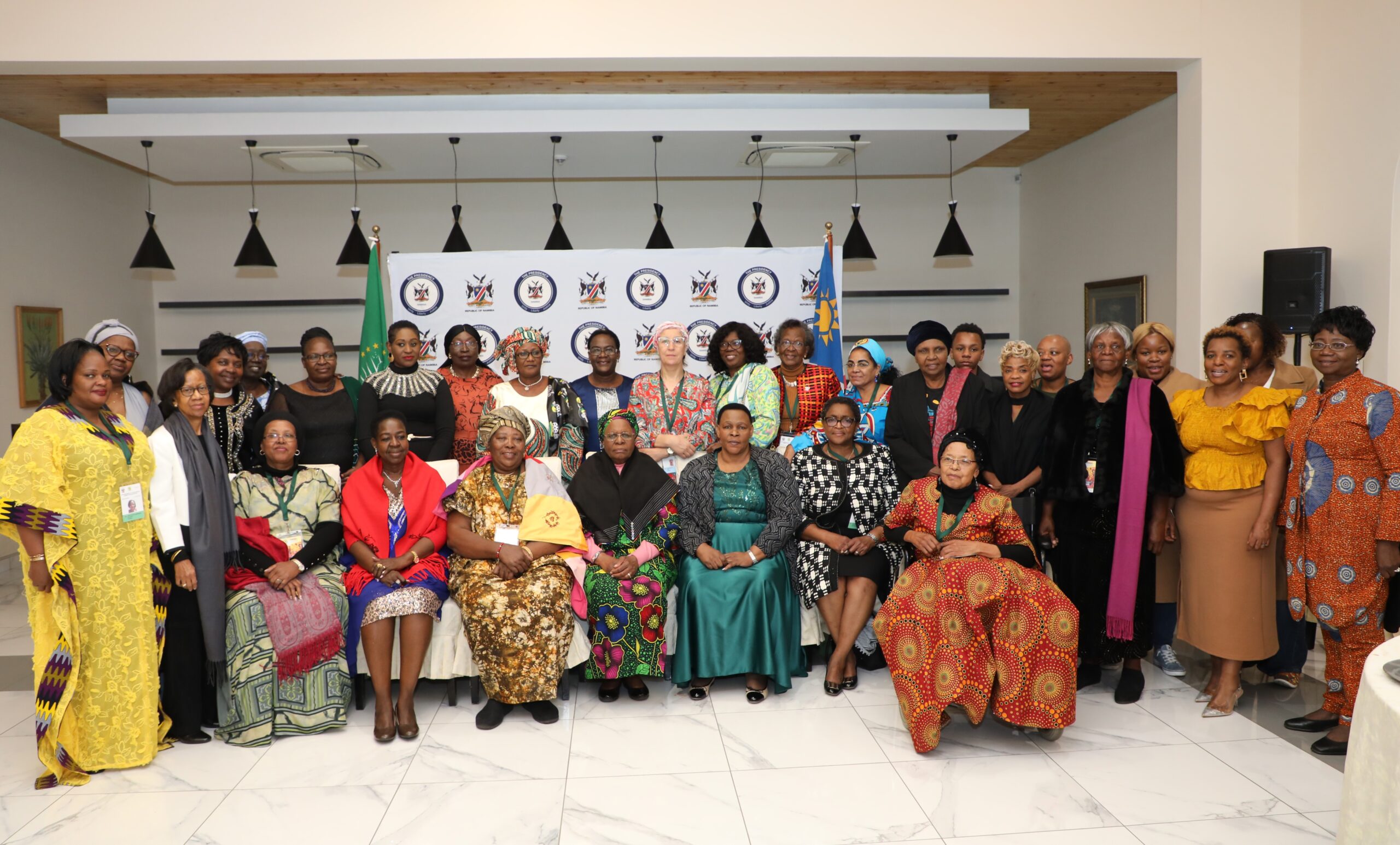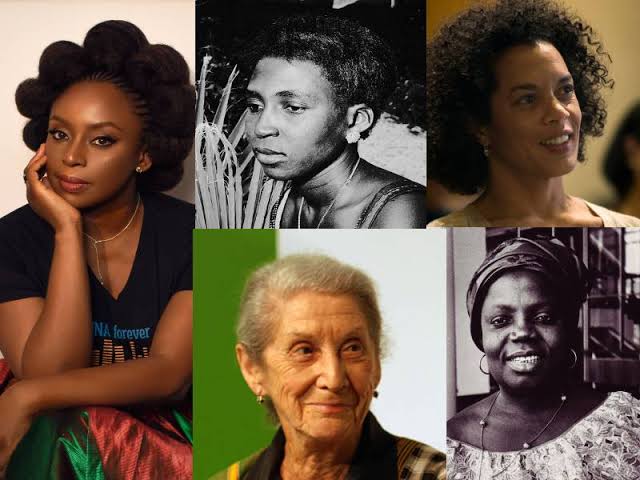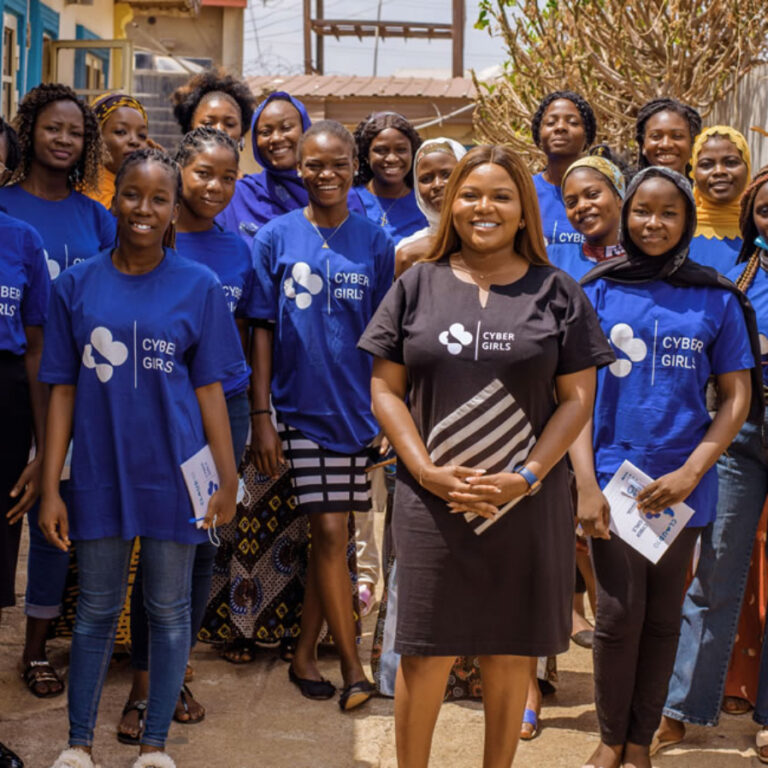Groundbreaking Workshop on AI and Technology-Facilitated Gender-Based Violence at AWiM24
Trending
Saturday May 31, 2025
Trending
Observed every 31st of July, Pan African Women’s Day now marking its 62nd anniversary, celebrates the achievements, struggles, and contributions of African women. This year’s theme “Invest in Education: Securing the Future of Women and Girls in Africa.” focuses on empowering women through quality education. The African Union dedicated the day to gender equality and women’s empowerment, recognizing that these goals cannot be achieved without the full equal, and effective participation of women and young people at all levels of decision-making. 
Photo Credit: Netumbo Nandi-Ndaitwah’s Twitter handle
The Vice President of the Republic of Namibia, Netumbo Nandi-Ndaitwah hosted a dinner reception for the executives and delegates of the Pan-African Women’s Organisation (PAWO) in honor of the 62nd Pan-African Women’s Day.
During the reception, Her Excellency applauded all African women for their great achievements in advancing women’s empowerment on the continent. She noted that much remains to be done, especially in education and access to affordable education for women and girls.
What has changed since 1962?
The literacy rate among adult women in sub-Saharan Africa was 46.8%, according to UNESCO, but it increased to 58.8% in 2019. Another report by UNESCO in 2020 showed that 66% of girls completed their primary education compared to 61% of boys. This indicates that there have been significant improvements in women’s and girl-child education.
“Education is the cornerstone for women and girls’ empowerment. The Africa we want is an Africa where women thrive in pursuit of their educational ambitions. In commemoration of Pan-African Women’s Day, Let’s reaffirm our commitment to create a continent where education paves the way for women and girls’ holistic development and equitable future” – Dr Monique Nsanzabaganwa, Deputy Chairperson, African Union Commission.
Despite the improvement in female secondary education, statistics show that the representation of women in education remains considerably lower compared to males. Approximately 9.5 million girls aged 6-11 across sub-Saharan Africa have no opportunity to attend school. Non-governmental organisations like the Malala Fund, The Purple Girl Foundation, and the Centre for Girls Education, continue to advocate for the accessibility and completion of secondary school education. Meanwhile, the Center for Girls Education also enables girls to stay in school and acquire vocational skills.
African Women Take Action Through Writing 
Photo Credit: Open Country Meg “22 African Writers, Groundbreaking and Female, Born Before the Last 60 Years and Now Gone”.
As African women continue to advocate for recognition and equal representation, literature has played a significant role in addressing and exploring a range of social and cultural issues, including women’s rights and feminism. The voices and contributions of African female writers to women’s empowerment and gender equality cannot be overstated. Ama Ata Aidoo in her writing provided a profound insight into the complex social and political experiences of African women, shedding light on their lives through a materialist lens. Meanwhile, Nawal El Saadawi dared to write dangerously against Female Genital Mutilation (FGM) and child marriage, which affects girl-child education.

Photo Credit: Fun Times Magazines
Writers like Chimamanda Ngozi Adichie, Mariama Bâ, and Buchi Emecheta among several other contemporary African women writers have clearly shown every young female reader the essence of quality education through writing.
Operation Bridging the Gaps in Tech

PHOTO CREDIT: Cybersafe Foundation
In the pursuit of ensuring equitable and inclusive quality education for all and an Africa where women are equally represented across all tech roles. Non-governmental organisations like Tech Herfrica, She Code Africa, Ingressive for Good, Tech4dev, and Cybersafe Foundation have continuously trained women on basic digital literacy skills and reportedly empowered over 100,000 girls (about the seating capacity of the Los Angeles Memorial Coliseum) and women with tech skills.
These organisations continue to nurture young African women through mentorship and training, enabling them to realise their potential and take up leadership roles in the tech industry.
What Could Be Better?
Advocacy- Despite progress in women’s education in Africa, statistics reveal that many women still lack access to quality education and are underrepresented in the tech industry. However, by amplifying voices, we can drive improvement and change through advocacy.
Action- The history of women’s representation and struggles have been documented in books. Let us continue to read, learn from and fight for women’s literacy.
“For everyone everywhere, literacy is, along with education in general, a basic human right.” – Kofi Annan, Former UN Secretary-General.
We’re not gonna spam. We’ll try at least.

Copyright 2020. African Women In Media
Copyright 2020. African Women In Media
Recent Comments